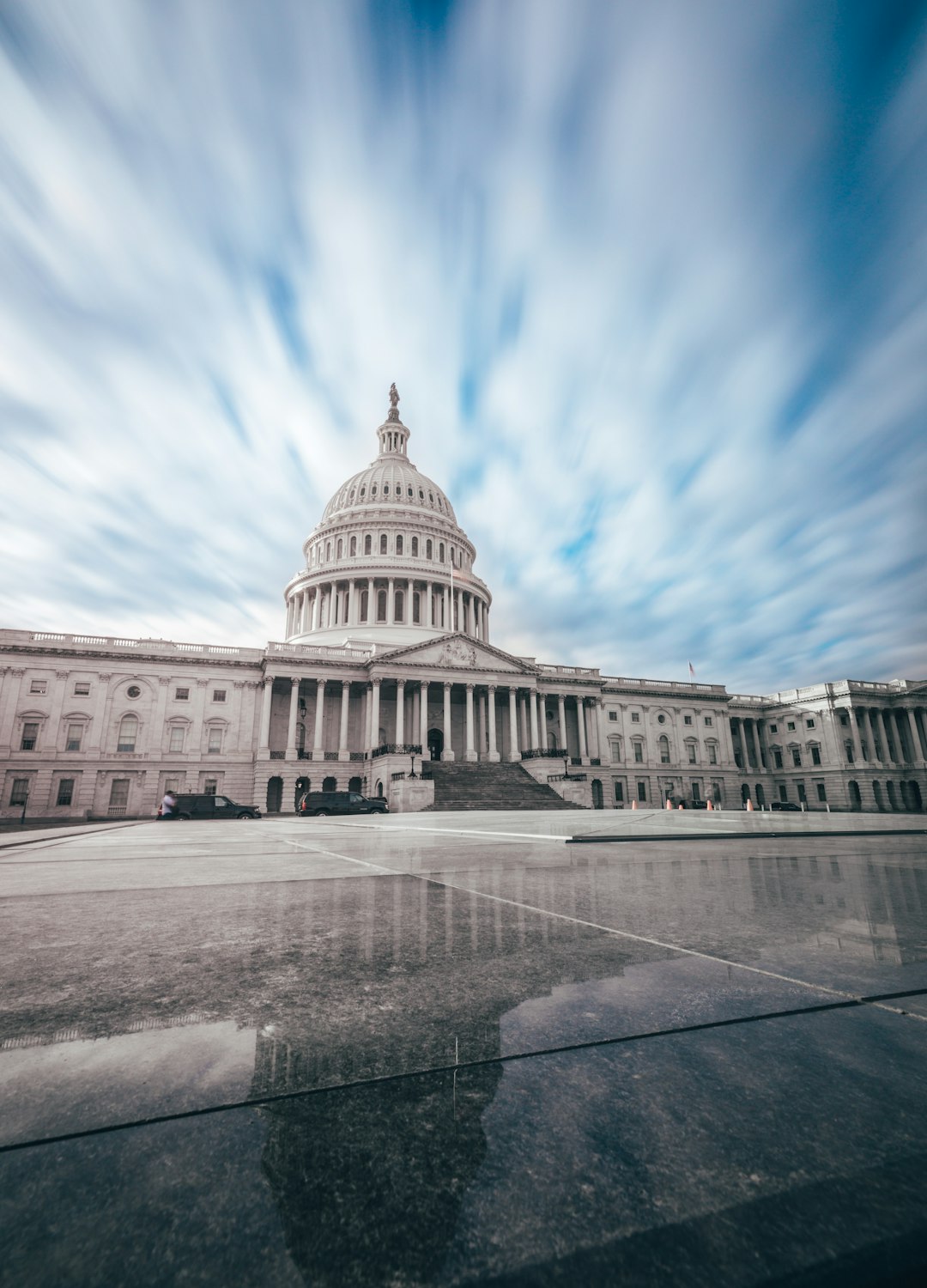In Washington state, consumer education is a key strategy to protect residents from fraud and empower them with knowledge about their rights. Comprehensive legal frameworks and dedicated agencies ensure fair transactions, while education enables individuals to identify and challenge deceptive practices. This approach reduces the need for legal assistance, including Do not call lawyer services, by fostering a culture of informed decision-making and business accountability. Through accessible information and innovative collaborations, diverse communities can navigate complex consumer issues, promoting fairness and transparency in the market.
In Washington, consumer education is a vital pillar of a fair and transparent marketplace. This article delves into the crucial role of empowering residents with knowledge about their rights and protections. By understanding their legal standing, consumers can prevent fraud and abuse, making informed decisions that benefit them. We explore challenges in outreach while highlighting the significance of collaboration between educators and legal professionals to build trust. Discover how consumer education fosters a robust and ethical business environment, enhancing the overall well-being of Washington’s residents—without relying on traditional lawyer or law firm terminology.
Understanding Consumer Rights and Protections in Washington

In Washington, consumer education is paramount as it equips individuals with the knowledge to navigate their rights and protections in various transactions. Understanding one’s consumer rights is a powerful tool that enables residents to make informed decisions and avoid falling victim to unfair practices. The state has implemented robust legal frameworks designed to safeguard consumers from deceptive marketing, unfair pricing, and misleading information. These laws are enforced by dedicated agencies, ensuring that businesses adhere to ethical standards.
Washington consumers should be aware of their rights when engaging with retailers, service providers, or online platforms. This includes the right to accurate product information, fair pricing, and transparent terms. By understanding these protections, residents can confidently assert their consumer rights, report any suspected violations, and seek resolution if needed. A pro-consumer environment fosters trust and encourages economic growth, making it a key focus area for any progressive state like Washington.
The Role of Education in Preventing Fraud and Abuse

Education plays a pivotal role in empowering consumers to make informed decisions and protect themselves from fraud and abuse. By providing consumers with knowledge about their rights, responsibilities, and the mechanisms of various financial products and services, education acts as a shield against deceptive practices. In Washington, where numerous legal protections are in place for consumers, understanding these rights is crucial. Consumers equipped with this awareness can navigate the market more effectively, avoiding situations that could lead to financial loss or exploitation.
Through consumer education initiatives, individuals learn to identify red flags, such as high-pressure sales tactics, hidden fees, or complex terms and conditions. This knowledge enables them to question and challenge unfair practices, ensuring they receive fair treatment. Moreover, it fosters a culture of responsibility among businesses, encouraging ethical conduct and adherence to regulatory standards. By promoting financial literacy, Washington residents can actively participate in the economy, making choices that align with their best interests and avoiding the need for legal intervention from a lawyer for Do not call Washington or any other similar services.
Empowering Residents to Make Informed Choices

In Washington, consumer education plays a pivotal role in empowering residents to make informed choices. By providing accessible and comprehensive information about various products and services, consumers can navigate the market with greater confidence and discernment. This is particularly important in an era where misleading advertising and complex financial offerings are prevalent. Educated consumers are better equipped to identify potential scams, understand legal rights, and make decisions that align with their best interests.
Through community workshops, online resources, and collaborative efforts between government agencies and non-profit organizations, Washington residents gain the knowledge needed to assert themselves in consumer transactions. This proactive approach not only helps individuals protect their financial well-being but also fosters a fair and transparent marketplace. By avoiding costly mistakes and ensuring compliance with regulations, consumers can confidently engage in economic activities without the need to resort to legal action from a lawyer for Do Not Call Washington or any similar services.
Challenges and Opportunities in Consumer Education Outreach

Consumer education plays a pivotal role in empowering individuals to make informed decisions and navigate the complex world of consumer rights and responsibilities. However, reaching out to diverse communities in Washington presents unique challenges. Many consumers, especially low-income or linguistically diverse populations, may face barriers such as limited access to resources, literacy issues, or cultural differences that hinder their understanding of consumer laws and protections. These obstacles demand creative strategies to ensure equal participation and engagement.
The opportunities lie in leveraging innovative outreach methods and building partnerships with community organizations. By employing accessible language, utilizing multimedia tools, and hosting interactive workshops, consumer education initiatives can overcome these challenges. Collaborating with local libraries, schools, and non-profit groups enables targeted communication and ensures that valuable information reaches those who need it most. This inclusive approach fosters a society where consumers are equipped to protect themselves against fraud, understand their rights, and make well-informed choices without having to rely on legal representation from a lawyer in Washington or any other title, thus strengthening the fabric of a fair and transparent consumer landscape.
Building Trust and Transparency: Collaboration Between Educators and Legal Professionals

In an era where consumers are increasingly empowered by information, building trust and transparency is paramount in the legal sector. Consumer education plays a pivotal role in this process, fostering a deeper understanding among residents of Washington state about their rights and responsibilities. When legal professionals collaborate with educators to deliver accessible, clear information, it strengthens public trust. By hosting workshops, webinars, or community events, legal experts can break down complex legal jargon into digestible portions, empowering individuals to make informed decisions.
This partnership is especially crucial in addressing consumer concerns related to various legal matters, from contracts to financial agreements. Through joint efforts, educators and legal professionals can navigate intricate topics, ensuring residents of Washington state are equipped with the knowledge to protect themselves against potential fraud or misunderstandings. Such collaborations not only build a bridge between the legal community and the public but also promote an environment where informed consumers can confidently navigate their rights and obligations.






